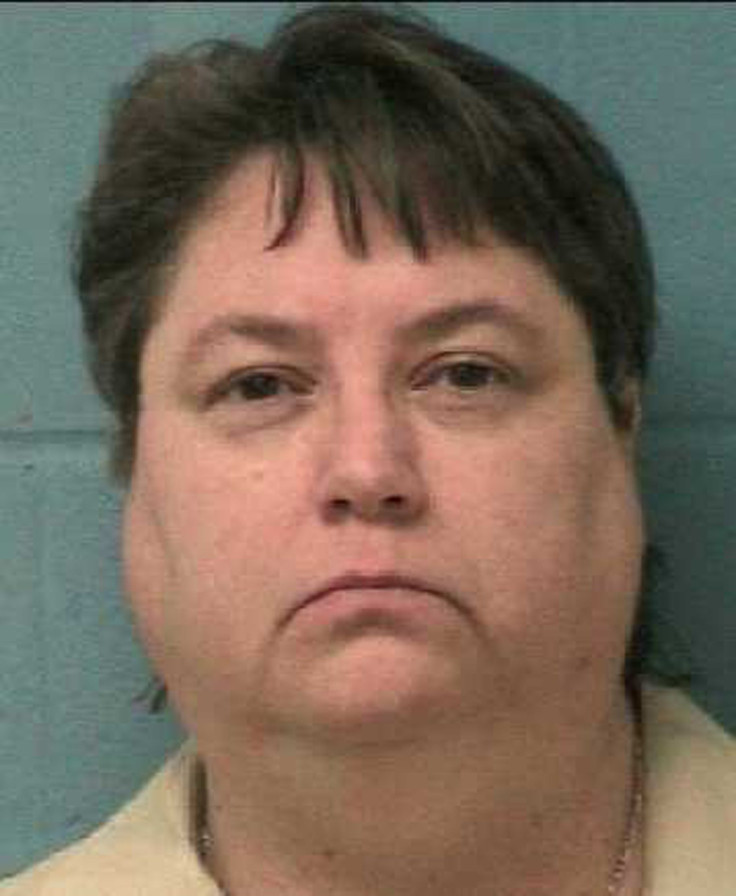Georgia Defers Execution Of First Woman In 70 Years Due To Problems With Lethal Injection Drug

The first execution of a woman in Georgia in 70 years was postponed on Monday due to issues with the drug that was to be used in the lethal injection, authorities reportedly said. Kelly Renee Gissendaner’s execution, scheduled for 7 p.m., was halted after the drug, pentobarbital, appeared cloudy during inspection by authorities.
“Prior to the execution, the drugs were sent to an independent lab for testing of potency,” the Georgia Department of Correction, said in a statement, according to The Washington Post. “The drugs fell within the acceptable testing limits. Within the hours leading up to the scheduled execution, the execution team performed the necessary checks. At that time, the drugs appeared cloudy.”
The officials called a pharmacist and then decided to postpone the execution out of an "abundance of caution," Gwendolyn Hogan, a spokeswoman for the Georgia Department of Corrections, reportedly said. This is the second time Gissendaner’s execution has been postponed. Last week, the execution was called off after a winter storm hit the region. A new date for the execution is yet to be declared.
The 46-year-old was found guilty and sentenced to death in 1998. She was involved in plotting the death of her husband by her boyfriend Gregory Owen, who testified against her as part of a plea deal. Owen would be eligible for parole in eight years after he was given a life sentence, according to media reports.
Earlier, Gissendaner’s lawyers' had requested a delay in her execution, claiming that the procedure was not transparent enough. However, the plea was rejected. On Monday, her lawyers said that a stay on Gissendaner's execution should be considered by the court as she did not kill her husband, Douglas, herself.
"While incarcerated, she has been a pastoral presence to many, teaching, preaching and living a life of purpose," a petition filed in favor of Gissendaner stated. "Kelly is a living testament to the possibility of change and the power of hope. She is an extraordinary example of the rehabilitation that the corrections system aims to produce."
© Copyright IBTimes 2024. All rights reserved.











